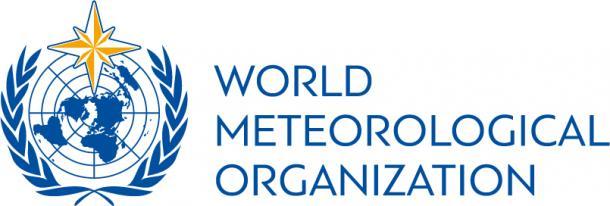- عربي
- 中文
- English
- Français
- Русский
- Español
Review of management and administration in the World Meteorological Organization (WMO) (JIU/REP/2021/1)
Established in 1950 as a successor of the International Meteorological Organization, WMO recognizes the need to continuously adapt to a rapidly changing world. The need for regular reform is driven by environmental degradation, resource constraints, increased competition and scientific and technical advances. WMO also sees the need to enhance wider engagement of all its Member States and Territories, private and academic sectors, the science community and partner organizations.
The overall objective of the present review is to assess the progress of the constituent bodies reform and the secretariat restructuring; and to provide an independent assessment of management and administration, highlighting areas of concern and those in need of improvement, as well as good practices adopted by WMO.
According to the results of a survey carried out by JIU seeking the views of WMO Members on the reform of the constituent bodies, there is general appreciation for the changes and the expected results thereof. The reform process, including communication thereon and the engagement of Members, requires further modification to achieve optimal results. The reform effort should be continuously adjusted to ensure that it meets its stated objectives and assessed for lessons learned and good practices.
A comprehensive master plan and risk assessment is essential for the ongoing restructuring of the secretariat. The restructured secretariat, especially the Governance Services Department, needs further improvements as some of the arrangements lack logical business sense and compromise internal control.
More comprehensive internal control and accountability frameworks are also vital to provide an enabling environment for staff at all levels. In addition, strategies for key management areas, such as human and financial resources management, knowledge management and business continuity management, should be developed and progress on them should be regularly reported to the Executive Council.
Re-establishing trust and partnership between management and staff is crucial going forward. A coalition of line managers and staff who have a full appreciation of the actual work at ground level could be formed and jointly conduct a structural and process review of the overall secretariat restructuring. A staff survey, designed jointly by management and the Staff Committee, should be conducted to gather data on the experiences and suggestions of staff.
The review makes 4 formal recommendations and 27 informal recommendations aimed at complementing the 4 recommendations. Final and formal acceptance of the recommendations is in the purview of the Executive Council. The report will be presented to the Executive Council at its seventy-third session in June 2021.
Access the full report here
Access the review highlights and the appendix: Results of the survey of Members’ views on the constituent bodies reform here


